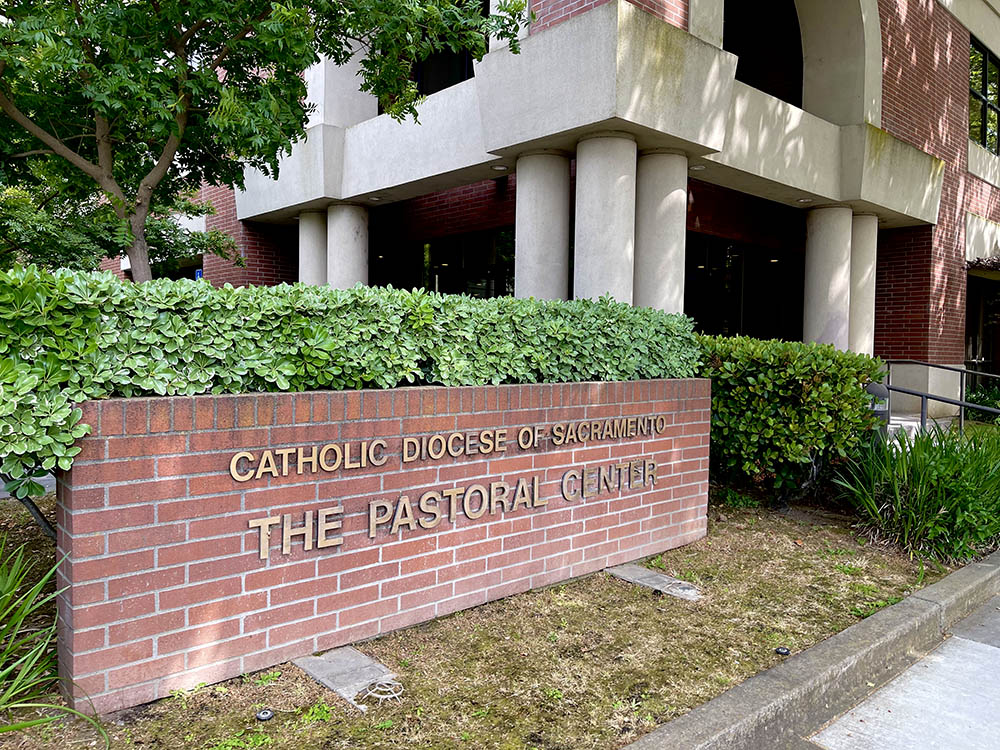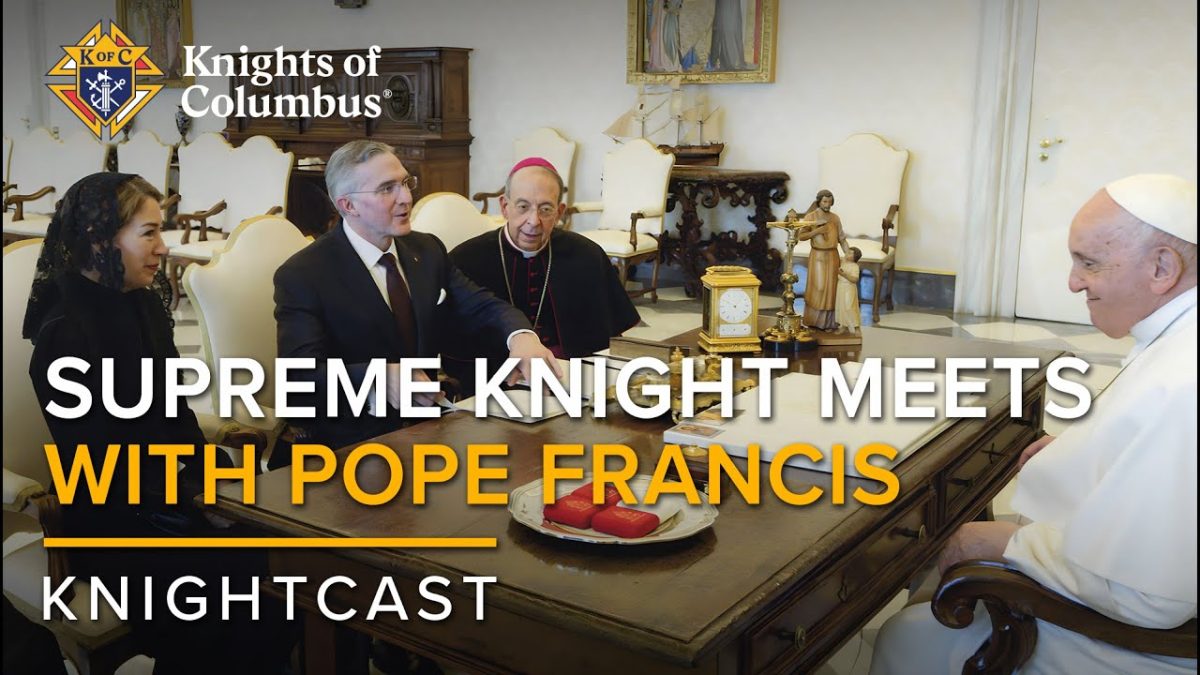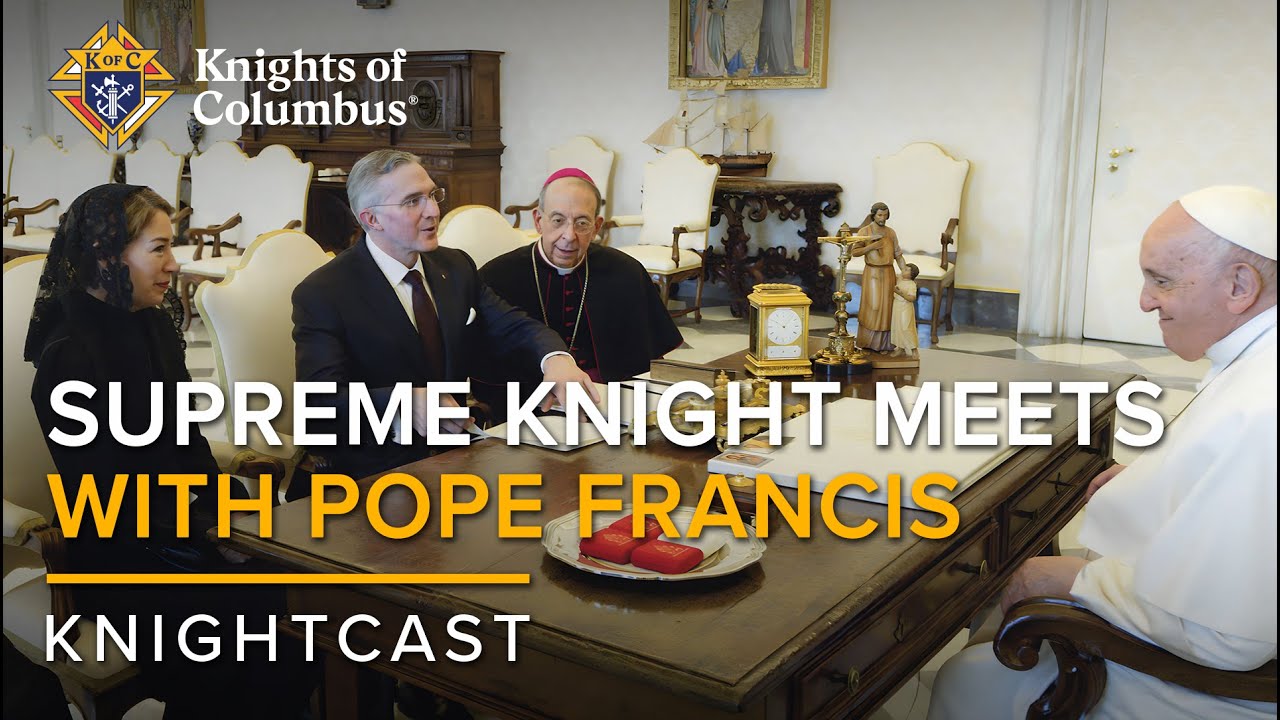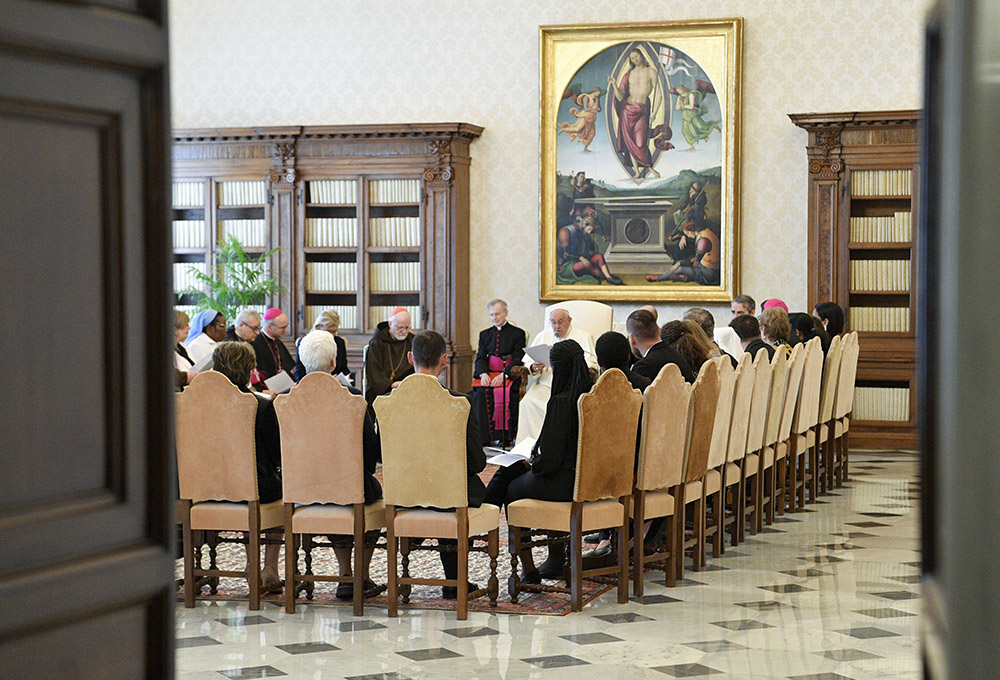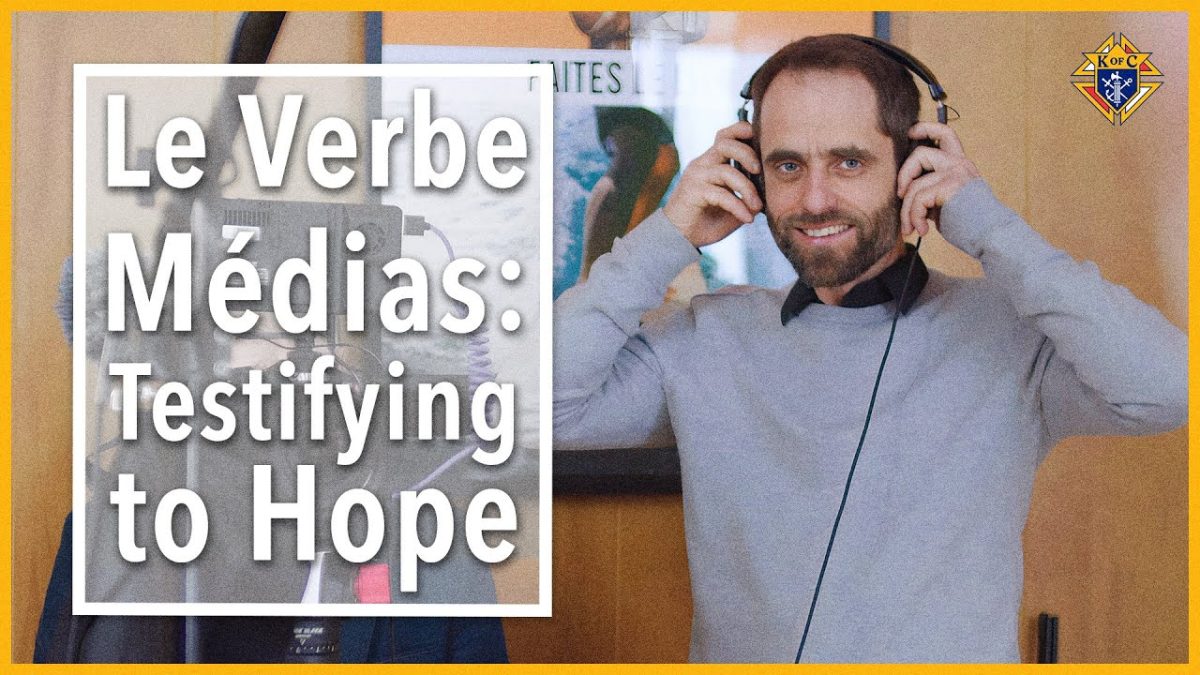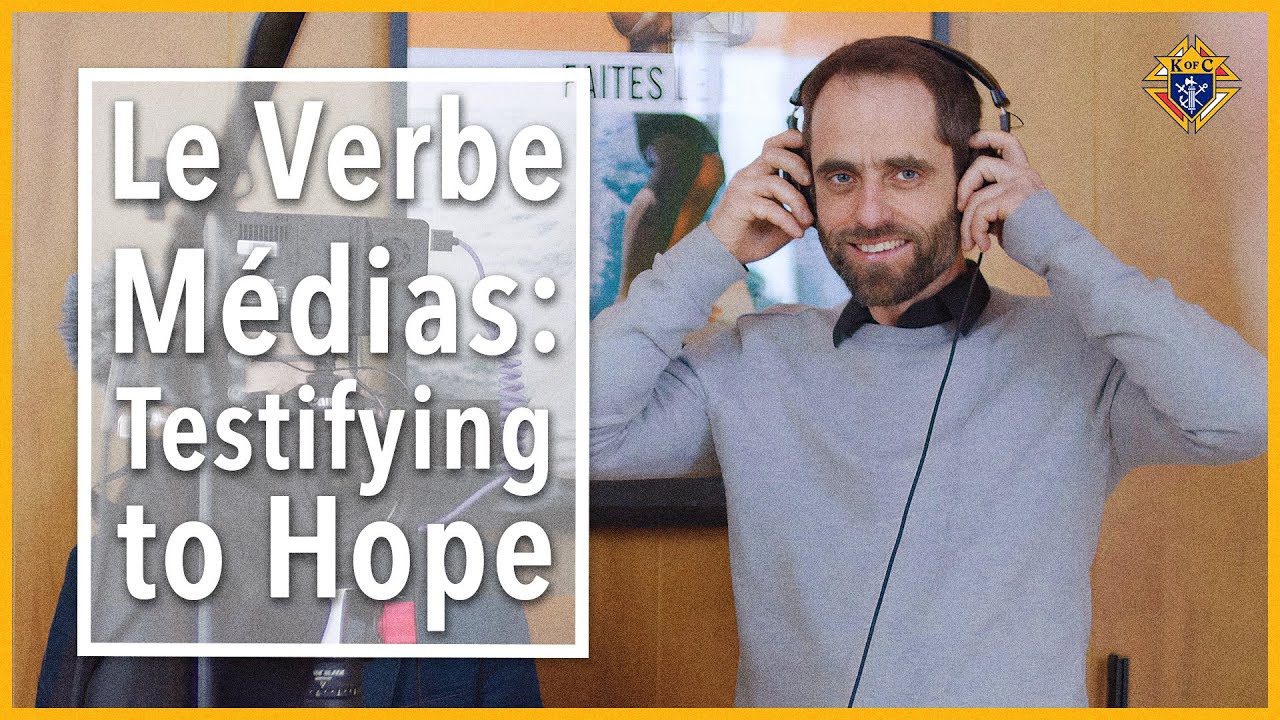Leading Catholic sexual abuse experts, survivors and survivor advocates are questioning the suitability of the priest who leads the Vatican’s clergy abuse commission, following an investigation that has raised significant questions about his record of financial transparency and accountability.
Oblate Fr. Andrew Small « should be gone — voluntarily or forcefully, » David Clohessy, longtime executive director of Survivors Network of those Abused by Priests (SNAP), said in reaction to a May 31 Associated Press report.
The Associated Press investigation revealed that under Small’s leadership as former U.S. director of the Pontifical Mission Societies at least $17 million was transferred from the Vatican’s U.S.-based missionary fundraising entity into an impact investing operation created by Small. The priest continues to run the investment organization while also serving as the No. 2 official at the Vatican’s Pontifical Commission for the Protection of Minors.
« What pains me the most is that of all the positions of power and authority in the church, the commission appointees need to be the most scrupulously vetted and completely above reproach, » Clohessy told NCR.
Clohessy isn’t alone in voicing his anger at the priest’s alleged misdealings. Three days after the report was published, Pope Francis went off script when speaking to a gathering of the Vatican’s missionary fundraisers to warn of the risk of corruption among their ranks.
« If spirituality is lacking and it’s only a matter of entrepreneurship, corruption comes in immediately, » the pope said June 3. « And we have seen that even today: In the newspapers, you see so many stories of alleged corruption in the name of the missionary nature of the church. »
Around the Vatican, including among those inside that meeting, it was widely understood that the pope’s remarks were in reference to Small. NCR has since confirmed that the pope directly referred to the Associated Press article in a meeting with Spanish journalists earlier that same day.
Small, who has strongly defended his financial dealings, did not respond to NCR’s request for comment.
« The church’s response in the past has been slow and not really centered on the care of survivors, » said Jesuit Fr. Gerald McGlone, who leads the « Towards a Global Culture of Safeguarding » project at Georgetown University.
« There are multiple issues of trust here that really have to be addressed quickly, » McGlone said of the commission.
A loss of millions
When the British-born Small was appointed to serve as acting secretary of the Vatican’s abuse commission in June 2021, he arrived in Rome with little experience in child protection, but a background in fundraising and advising the U.S. bishops on foreign policy.
The commission was founded in 2014 with a mandate to counsel the pope on child abuse prevention and accountability measures, but has suffered a series of setbacks, including a number of high-profile resignations of its members who believed the Vatican was resisting implementing necessary reforms.
‘The optics are not good for a church that already struggles with credibility issues.’
—Matthew Manion
Small’s appointment marked the beginning of a new era. Under his leadership, the commission added 10 new members and reappointed 10 existing members last September.
In March of this year, abuse survivors and former commission members alike were shocked when Jesuit Fr. Hans Zollner — a psychologist long considered one of the church’s leading authorities on combating abuse — resigned as one of the commission’s founding members and cited, among other grievances, concerns about financial transparency and the commission’s leadership.
Two months later, the Associated Press report was published, questioning how Small was able to transfer millions of dollars from the coffers of the U.S. branch of the Pontifical Mission Societies into a nonprofit, Missio Corp., and its private equity fund, MISIF LLC, both of which were created and managed by Small.
While the transfers were legal and approved by Small’s board, they have forced the Pontifical Mission Societies’ U.S. branch to write off a financial loss of more than $10 million and overhaul its staff and board in order to strengthen accountability measures.
Matthew Manion, director of the Center for Church Management at Villanova University in Pennsylvania, said that it appears that the initial decisions by Small followed standard practice at the time and that he hoped and expected the board did « their due diligence before approving such a significant transaction. »
But Manion also said that the fact that Small was unwilling to cooperate with his former employer, the Pontifical Mission Societies, in its legal review of the transactions, as was reported by the Associated Press, raises concerns.
« While these transactions may be perfectly legitimate, the fact that the leader of a major church organization could not just call up his predecessor to get any questions answered is concerning, » he told NCR via email. « And if it is true that a senior church official responsible for the Protection of Minors was not willing to speak to lawyers doing an investigation of his prior employer, the optics are not good for a church that already struggles with credibility issues. »
In his assessment of the case, Nicholas Cafardi, a canon lawyer and former chair of the U.S. bishops’ National Review Board, said that given the fact that Small is a religious order priest, he would have needed the approval of his provincial superior for the creation of the new entities of the nonprofit and the private equity fund.
Under canon law, he said, « anything that involves administration of goods, he needs permission for. »
Neither the general secretariat of the Missionary Oblates of Mary Immaculate in Rome nor the Washington, D.C., provincialate responded to NCR’s request for comment on whether Small sought and received approval for the creation of these entities.
Calls for investigation
In the days since the Associated Press report was published and Francis’ impromptu follow-up comments, former commission members and noted abuse experts have called for a serious review of the commission’s current leadership.
Krysten Winter-Green, a former commission member, characterized the report on Small’s past financial dealings as « troublesome » and said they merited further investigation.
Since the founding of the commission in 2014, Boston’s Cardinal Sean O’Malley — a top adviser to Francis — has served as its president. While O’Malley regularly travels to Rome, the day-to-day management of the commission falls to Small, who is based in Rome.
‘He’s handing money with one hand and holding the magnifying glass with the other. I kind of doubt that’s going to go well.’
—Terence McKiernan
Terence McKiernan, co-director of the abuse tracking website BishopAccountability.org, said that this arrangement means it’s all the more important that the commission’s secretary be both qualified and credible.
O’Malley, through a spokesperson, declined NCR’s request for comment.
McKiernan told NCR, « Zollner left [the commission] highlighting concerns about financial accountability, so it seems quite inappropriate to have as the No. 2 there someone who is … clearly not enamored with financial accountability. »
While McKiernan noted that some might claim that Small’s financial investment work, as the priest himself claimed, is savvy, inventive or forward-looking — and even provides skills that could benefit the commission — « it’s clear that transparency and accountability weren’t at the top of his list, » McKiernan said.
Along with his concerns about Small effectively having two jobs, McKiernan also questioned whether there might be a conflict of interest between Small’s work with Missio Invest, which provides low-interest loans to church-run operations in Africa, and the commission’s role in auditing child protection policies, especially in the developing world, where guidelines for reporting are often murky.
« He’s handing money with one hand and holding the magnifying glass with the other, » said McKiernan. « I kind of doubt that’s going to go well. »
Former commission member Winter-Green told NCR via email, « The slightest intimation of misuse of church funds is cause for serious concern, as is the potential for conflict of interest and same should most certainly prompt investigation. »
« To ensure a lack of bias, such an investigation would best be conducted by entities outside the Vatican arena, » she continued. « Given the seriousness of the matter one might expect that the official and any members or staff who are complicit, be relieved of responsibility until such time as this matter is officially resolved and made public. »
Winter-Green, who holds a doctorate in pastoral psychology and three master’s degrees, in theology, human development and social work, is only the latest of at least four other former commission members who have publicly expressed concerns about the current status of the commission, including Irish abuse survivor Marie Collins, Baroness Sheila Hollins of the Royal College of Psychiatrists in the United Kingdom, Franciscan Missionaries of the Divine Motherhood Sr. Jane Bertelsen, and Zollner.
Given the commission’s recent fundraising efforts to significantly expand its programming, Winter-Green said financial transparency from the commission and its staff members is essential.
« It is somewhat of an oxymoron that financial management of the PCPM [Pontifical Commission for the Protection of Minors] rests with an individual under suspicion of the mishandling of funds, » she said.
Kathleen McChesney, a former FBI executive assistant and the first person to lead the U.S. bishops’ Office of Child and Youth Protection, told NCR that if this was a clerical abuse case, the individual in question would be asked to step aside and be placed on administrative leave until an inquiry is done. This also ensures that the individual in question is given due process.
« If I was his boss, I would want to know what happened and what this is all about, » she said of Small. « You want to make sure you have the right person in there administratively or ethically. Maybe he should step aside until an inquiry is done. »
Demand for new leadership
While Small has been on the job for less than two years, his brief tenure hasn’t stopped him from getting noticed around the Vatican — sometimes leading to questions about his seriousness and suitability for his role.
Last October, Small hosted a movie night inside the Vatican for its police force and Swiss Guards, treating attendees to beer and popcorn and a chance to meet one of the film’s stars, Russell Crowe. Small had also taken time off his work to film a cameo role in the film as a neighborhood priest, and an informational poster circulated around the Vatican with Small in costume included the Vatican’s abuse commission’s email address for attendees to RSVP for the movie night.
In recent weeks, a Facebook screen capture has circulated among both Vatican officials and abuse survivors from a Dec. 25, 2022, post by Small of him holding a 3-month-old dog, describing himself as « feeling blissful in Vatican City » and with the text « Merry Christmas from me and Mancia. She’s 3 months old. Keeping the minors safe! »
‘Obviously everyone is innocent until proven guilty, but even the appearance of impropriety is a problem in this office.’
—Jesuit Fr. Gerald McGlone
Incidents such as these have led to concerns about Small’s judgment. Survivors were especially outraged by what they viewed as the inappropriateness of the social media post as seeming to joke about the issue of child protection.
« Any scandal makes it more difficult for abuse survivors to speak up, » Clohessy told NCR of the growing question surrounding Small’s leadership. « When they see a controversy around someone like Fr. Small, I can almost hear the sighs, the shoulder shrugs and the feeling of ‘What’s the use in coming forward?’ «
« It is utterly tragic that the one church entity that is most in need of transparency and accountability and has arguably promised transparency and accountability isn’t practicing it, » he continued. « It cripples the commission’s work and demoralizes its well-meaning members and undercuts its whole purpose. »
« To have the one church institution that’s supposed to fix decades of secrecy, inaction, callousness and recklessness to be plagued with the very same flaw, it feels like all of this could have likely been prevented either by those who promoted Small, by Small himself and certainly by the pope, » he added.
McGlone, who is himself a clergy abuse survivor and served as the associate director for protection of minors for the Conference of Major Superiors of Men, concurred.
« Obviously everyone is innocent until proven guilty, but even the appearance of impropriety is a problem in this office, » he said.
« The deeper concern that’s always been expressed about Small being in this position is that he’s not had any experience in child protection and has let people in Rome know that on a regular basis, » the Jesuit priest added.
McKiernan also agreed with that assessment: « The commission has remedial work to do, » he said. « Small does not seem the person to participate in that effort. »
And for survivors and advocates like McGlone, change can’t come soon enough.
« Every day that this is in the newspapers, every day that we’re dealing with this, this is like acid in the wound to survivors, » he said. « That’s the bottom line right now. This is the last thing survivors need to hear and see. »










